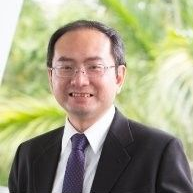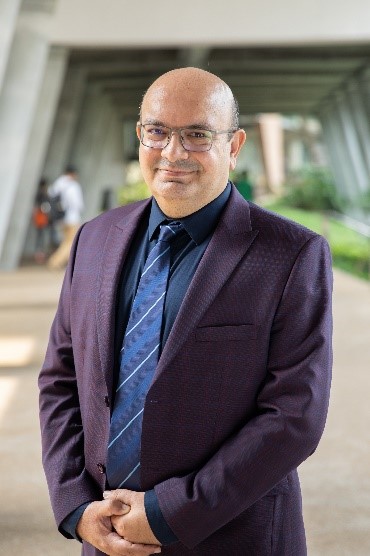Course Objectives
The 4th Industrial Revolution is characterised by a confluence of different technologies coming together, and massive amounts of data being generated. Companies are incorporating Industry 4.0 technologies into their operations, and creating new business models through digitalising and transforming their products and services. As industry lines overlap, this has consequences for how companies think about their business.
The courses will look at how technologies are used in business operations and processes, and the different levels of technology impact. We will also examine frameworks for thinking about strategic technology transformation.
Learning outcomes:
- Historical overview of technology transformation
- Transformative and disruptive potential of new technology developments
- Overview of key technologies in Industry 4.0
- Strategic roadmap for how companies can apply technology at strategic, tactical, and operational levels
Outline
- The History and Evolution of Industry 4.0
- Technology Adoption Curve and Innovation Matrix
- Overview of organization and operations processes
- Application of technologies at strategic level
- Economics of 3D Printing
- Blockchain – principles and applications
- Platform economy and its implications for business
- Sharing economy and its implications for businesses
- Societal and regulatory considerations in technology disruption
Pre-Requisites
Diploma with a minimum of 2 years of work experience.
Who Should Attend
Senior Managers, Managers, Supervisors, Engineers who are involved in technology innovation, entrepreneurship and strategic planning initiatives.
Mode of Training
On-campus or Online (Live)

A/Prof Goh Puay Guan
Goh Puay Guan is Associate
Professor at NUS SCALE, and NUS Business School. Prior to that he had 20
years of corporate experience throughout Asia in general management,
strategic planning, and commercial investments. He has also been an
Adjunct Associate Professor at NUS Business School from 2011 to 2017,
and Adjunct Professor with Inha University in South Korea from 2007 to
2009. He is the author of Supply Chain Management: A Concise Guide.
published by Pearson (1st Ed. 2005, 2nd Ed. 2015).
As Vice President of Business and Commercial at Sembcorp
Development, he helped to set up a new business unit Sembcorp Infra
Services in 2014 and build its logistics assets footprint in Vietnam,
serving concurrently as General Director of its wholly owned subsidiary
in Vietnam. He led Batamindo Shipping and Warehousing Pte Ltd to attain
the ASEAN Business Award for Growth (SME) by the ASEAN Business Advisory
Council in 2013. He was a Top Outstanding Young Persons (TOYP) 2012
Merit Winner for Business and Entrepreneurship category, awarded by
Junior Chamber International (JCI).
He has been active in the community, including serving as President
of the Stanford Club of Singapore, Honorary Treasurer at Mensa
Singapore, and President of the Singapore Club in Seoul. He is also a
member of the Singapore Institute of Directors.

Dr. Amirhassan Monajemi
Amirhassan Monajemi is a Senior Lecturer in AI and Data Science with the School of Continuing and Lifelong Education (SCALE) at the National University of Singapore (NUS). Before joining the NUS, he was with the Faculty of Computer Engineering, University of Isfahan, Iran, where he was serving as a professor of AI and Machine Learning. He was born in 1968 in Isfahan, Iran. He studied towards BSc and MSc in Computer Engineering at Isfahan University of Technology (IUT), and Shiraz University respectively. He got his PhD in computer engineering, pattern recognition and image processing, from University of Bristol, Bristol, England, in 2005. His research interests include AI, Machine Vision, Data Science, and IoT.
Dr. Monajemi has taught diverse computer courses for years, registered a few patents in the fields of AI, Machine Vision, and Signal Processing applications, published more than a hundred research papers in peer-reviewed, indexed journals, and supervised several Data Science, IoT, and AI industrial projects in various scales. He chaired the 1st International Conference on IoT, Applications and Infrastructure in 2017. He is mostly interested in Intelligent IoT, and has presented that topic in a few seminars and conferences. He also was the advisor of IKCO (Iran Khodroo Car Manufacturer, the largest in the middle east), and MSC (Mobarakeh Steel Complex, the largest in the country) enterprises in the field of IoT and Industry IV establishment.